Iran's military has repeatedly attacked targets in three neighboring countries, raising concerns of a wider conflict in the Middle East.
Iranian media confirmed on January 15 that the country's Islamic Revolutionary Guard Corps (IRGC) had launched missiles at an Israeli "Mossad spy nest" in the autonomous Kurdistan region, north of neighboring Iraq. The IRGC announced on the same day that it had attacked Islamic State (IS) targets in Syria.
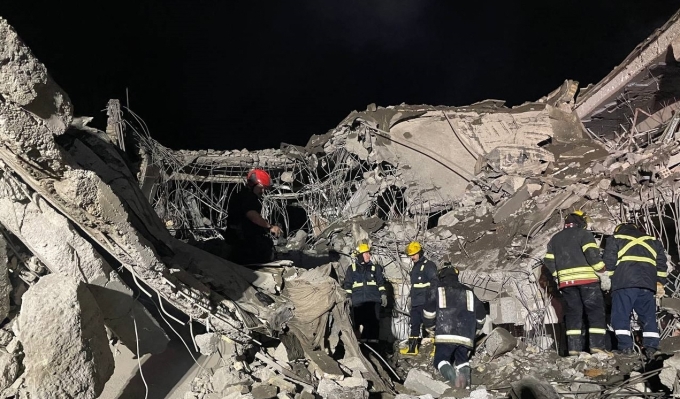
Search and rescue workers at the scene of a UAV attack in Erbil, Iraq on January 16. Photo: AFP
A day later, Iranian armed forces fired missiles and unmanned aerial vehicles (UAVs) at “Israeli-linked militant bases” in Pakistan’s southwestern border province of Balochistan. Iranian media reported that the targets of the attack were two bases belonging to the Jaish al-Adl militant group, which is hostile to Tehran.
The strikes were met with fierce reactions from Iraq and Pakistan.
Pakistan's Foreign Ministry criticized Tehran for "acting unilaterally and contrary to the principles of good neighborliness, seriously undermining bilateral trust." On January 18, Islamabad officials announced a retaliatory strike against the Baloch Liberation Front, an anti-Pakistan armed group operating in Iran.
Several sources familiar with the matter said the Pakistani government was under intense pressure from the military to respond in kind to the Iranian attack two days ago. However, the Pakistani Foreign Ministry tried to calm its neighbor by saying it "fully respects the sovereignty and territorial integrity of the Islamic Republic of Iran."
Meanwhile, the Iraqi Foreign Ministry has recalled its ambassador to Tehran for consultations and a diplomatic protest. The Kurdistan Security Council has rejected Iran's accusation that Mossad agents are operating in Erbil. It stressed that the autonomous region has long been considered a stable area and has not recorded any security threats to neighboring countries. The body criticized Iran for unjustly violating the sovereignty of Iraq and the autonomous Kurdistan region.
"The Iranian leadership seems unwilling or unable to attack Israel. So they look for alternative victims around them and decide to attack Erbil. The Iraqi people are paying the price for the Iran-Israel tension," said Iraqi Foreign Minister Fuad Hussein.
Iran's attacks and Pakistan's retaliation this week have observers concerned that tensions in the Middle East are increasingly at risk of escalating into a full-scale war in the region, with serious humanitarian, economic and political consequences that will affect the entire world.
Over the past several months, security incidents in the region have mainly involved forces belonging to the Tehran-backed "axis of resistance".
The Houthi militia has been attacking shipping in the Red Sea for more than two months, in what it says is retaliation for Israel’s attack on the Gaza Strip. These attacks threaten vital trade flows through the Red Sea, prompting the US to respond by launching airstrikes against Houthi targets in Yemen for the first time since 2016.
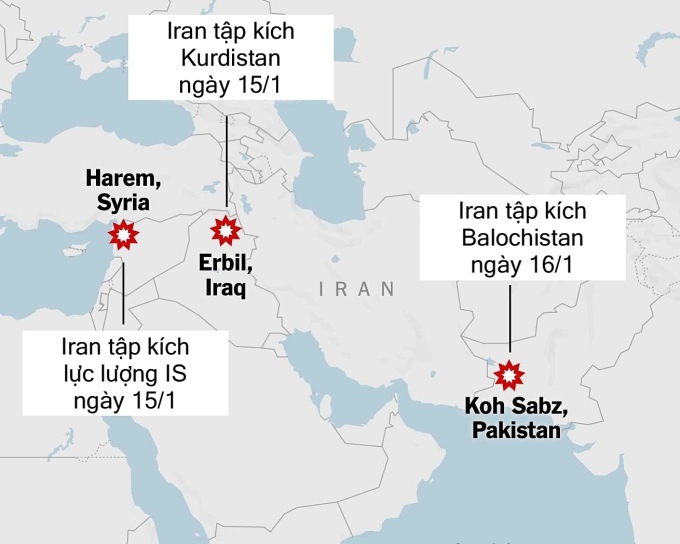
A series of strikes carried out by Iran targeted targets in Iraq, Syria and Pakistan earlier this week. Graphics: Mapbox
Hezbollah, Iran's close ally in Lebanon, has repeatedly attacked northern Israel and threatened to open a "second front" against Tel Aviv if necessary. Iraqi militias with close ties to Tehran have carried out more than 130 attacks on bases housing US troops in Iraq and Syria in the past three months.
Sanam Vakil, a security expert at the Chatham Institute in the UK, assessed that Iran and the US are retaliating against each other, but not launching direct attacks, but targeting the other side's "proxies" and partners. He said Tehran still advocates "letting the conflict take place outside the territory", but the gamble of escalating regional tensions is fraught with too many risks of getting out of control.
A series of conflict hotspots appearing one after another across the Middle East has made regional countries increasingly concerned about an unstable security environment, according to Christian Koch, director of the Gulf Research Center in Saudi Arabia.
"Countries are facing great risks due to escalating tensions, as they could become the target of retaliatory attacks. Increased tensions could force Iran to intervene directly and drag all sides into a dangerous spiral," Koch said.
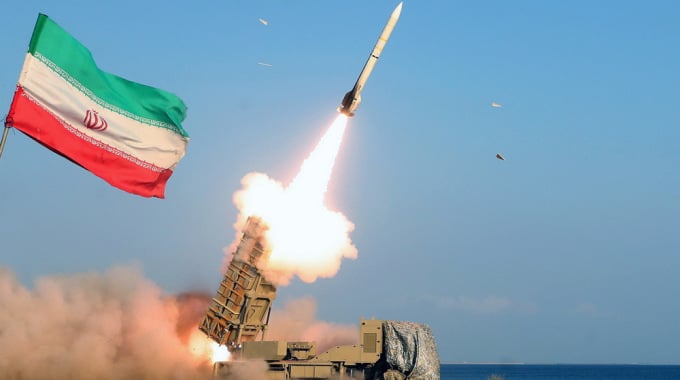
Iranian armed forces launch a domestically produced missile. Photo: Iranian Army
However, the series of attacks earlier this week in Iraq and Pakistan were seen as an alarming escalation in the region, marking the first time Iran had directly targeted a US partner since the Israel-Hamas war broke out.
Kurdistan, the autonomous Kurdish region in northern Iraq that came under attack from Iran earlier this week, has close ties to the United States. The U.S. military intervened to protect the Kurds in 2014, when the Islamic State group was on the rise and advancing toward the provincial capital, Erbil. The U.S. military presence in the region is also seen as a security guarantee for Iraqi Kurds amid pressure from Türkiye and Syria.
"Iran has been effectively using proxy conflict tactics for many years, but the risk of it spiraling out of control has now reached alarming levels. One miscalculation by any of its regional proxies, one misdirected or ill-timed attack, and we could be facing a full-scale war across the Middle East," warned Rainam al-Hamdani, a Yemen-based analyst specializing in Iran-Houthi relations.
Thanh Danh (According to Semafor, Reuters, CNN )
Source link













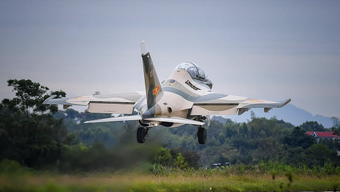










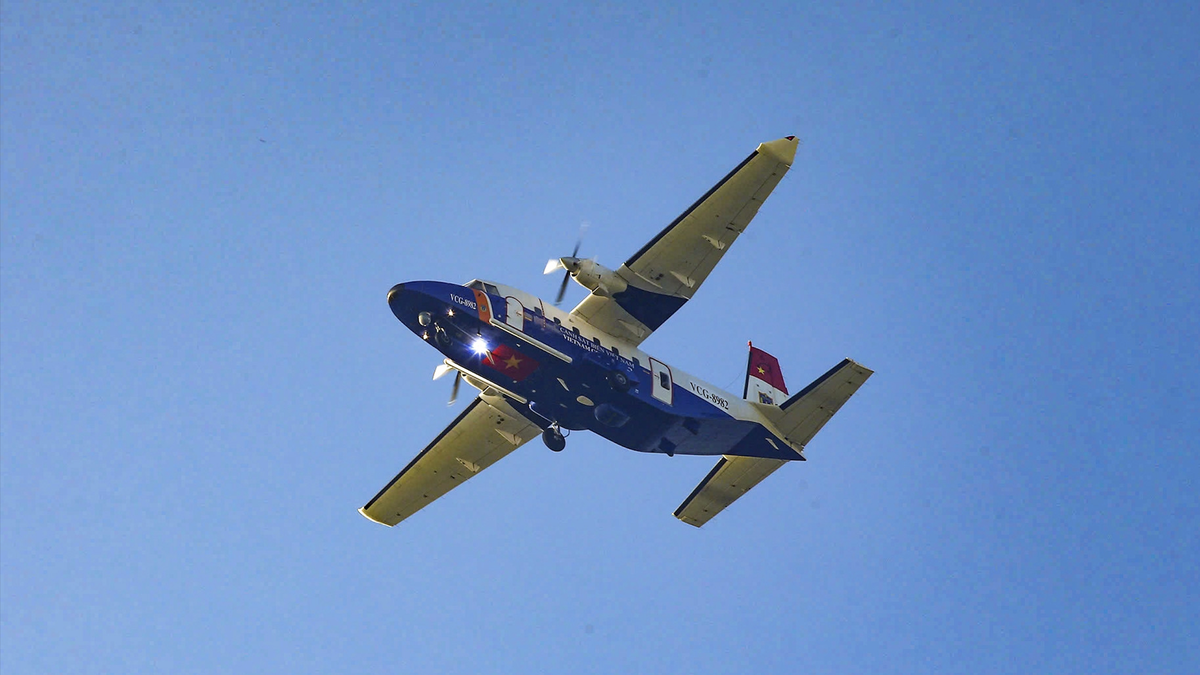


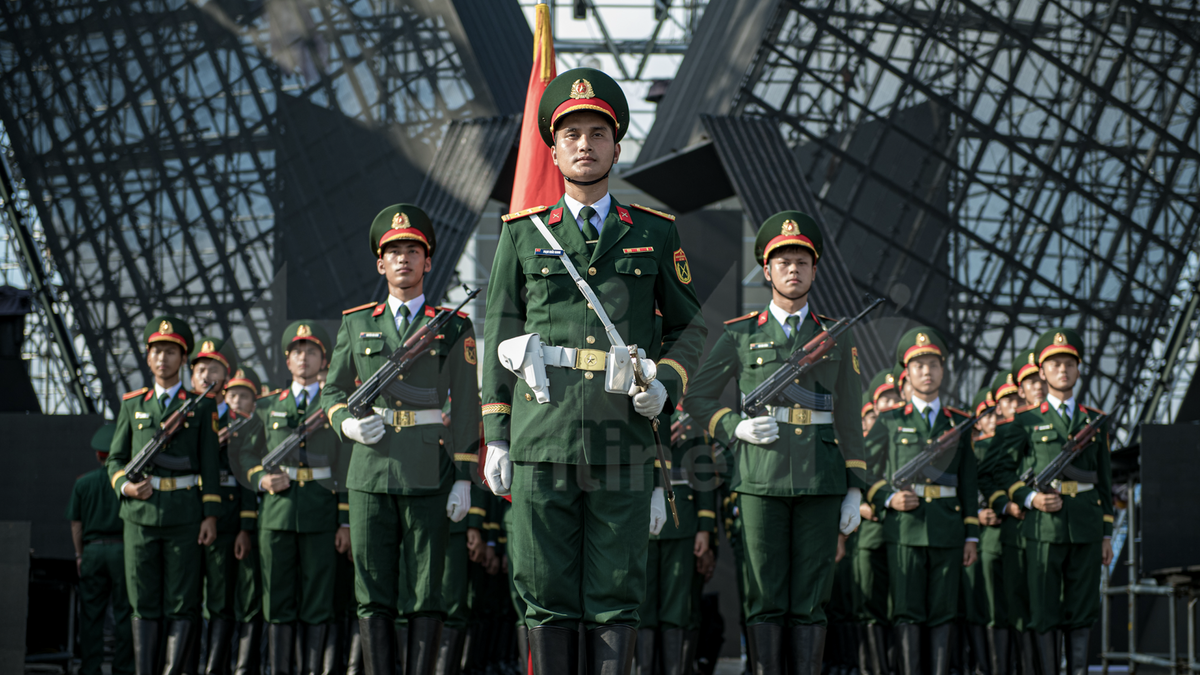


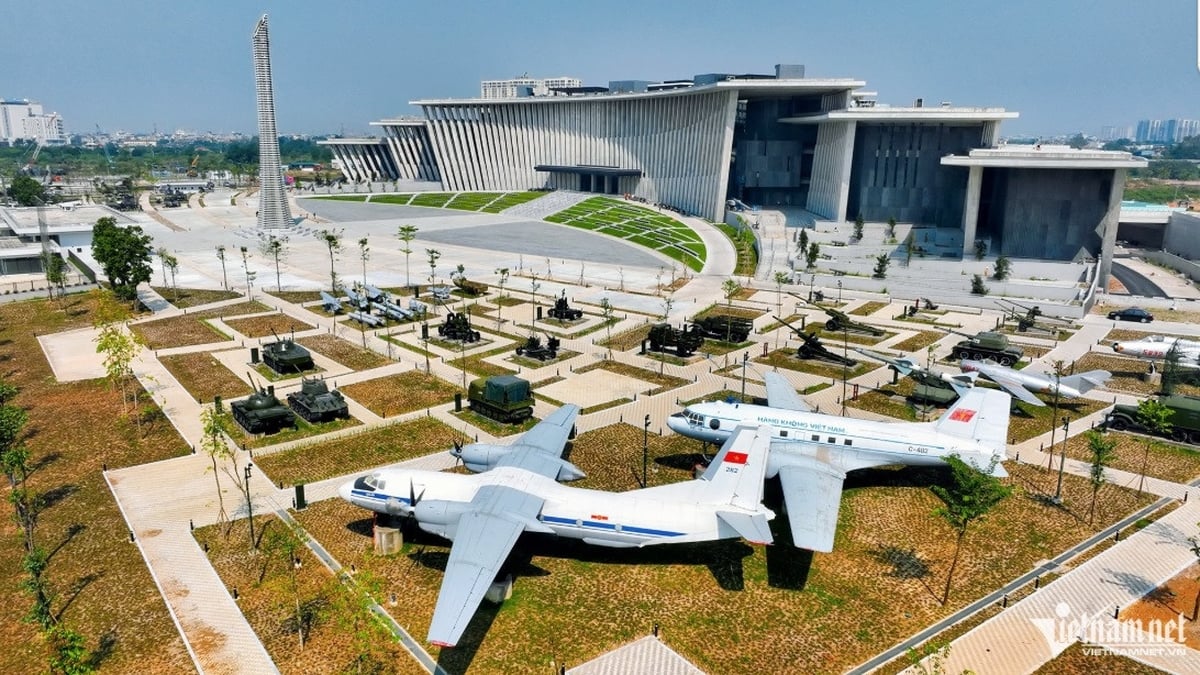





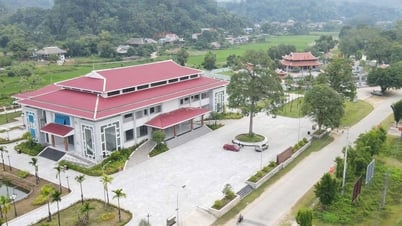

























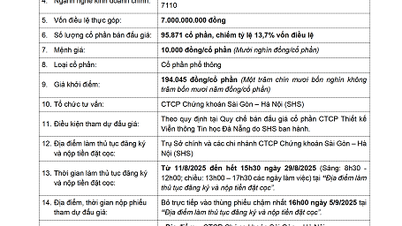



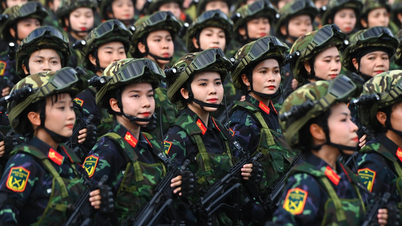





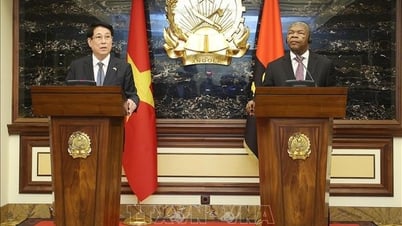



























Comment (0)